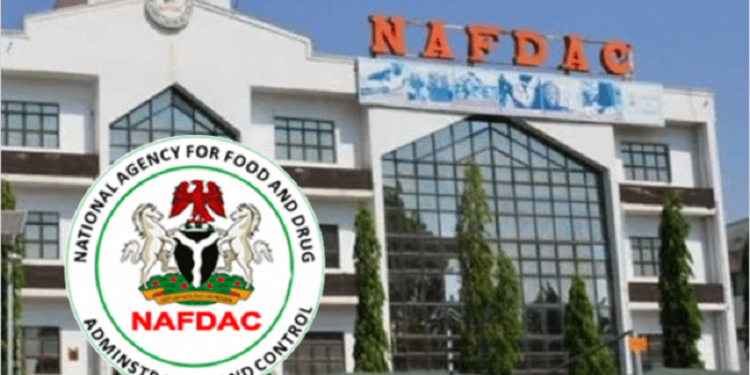NAFDAC has banned 101 Pharmaceutical Products in Nigeria.
NewsOnline Nigeria reports that the National Agency for Food and Drug Administration and Control (NAFDAC) has announced the immediate ban, withdrawal, suspension, and cancellation of 101 pharmaceutical products across Nigeria.
According to the regulator, the affected medicines and health products are no longer permitted for manufacture, importation, exportation, distribution, advertisement, sale, or use within the country.
APPLY NOW: LASUBEB Opens Recruitment Portal for Classroom Teachers in Lagos State
The announcement was made in a statement shared on NAFDAC’s official X (formerly Twitter) handle on Tuesday, September 30, 2025. The full list has been published on the agency’s website.
The banned items cut across a wide range of medicines, including:
-
Antimalarials such as Artemether/Lumefantrine and ASAQ (Artesunate Amodiaquine Winthrop)
-
Cardiovascular drugs such as Valsartan and Aprovasc
-
Diabetes medicines including Amaryl and Janumet/Januvia
-
Insulin and growth-hormone injectables such as Norditropin
-
Other widely used products like Abacavir tablets, Amlodipine, and Combination 3 Tablets
The products, according to NAFDAC, were manufactured by several well-known pharmaceutical companies including Sanofi Aventis Nigeria Ltd, Novartis Nigeria Limited, Bayer East Africa Limited, Healthline Limited, and Fensyl MHP Consulting Ltd, among others.
Why the ban?
NAFDAC explained that the decision was taken due to regulatory breaches, product quality concerns, and in line with global efforts to combat the rising menace of substandard and falsified medicines.
The agency outlined three categories of action:
-
Withdrawal – when the certificate of registration is discontinued upon request of the product’s Market Authorisation Holder.
-
Suspension – when the conditions under which the registration license was issued are no longer met.
-
Cancellation – when NAFDAC revokes the certificate of registration outright.
Global health concerns
The agency’s move comes amid growing fears about fake and substandard drugs in low- and middle-income countries. The World Health Organization (WHO) estimates that 1 in 10 medicines in developing nations fail quality control tests, exposing patients to severe health risks.
Only last week, NAFDAC had urged pharmacists to join hands in tackling the spread of falsified medicines in Nigeria.














